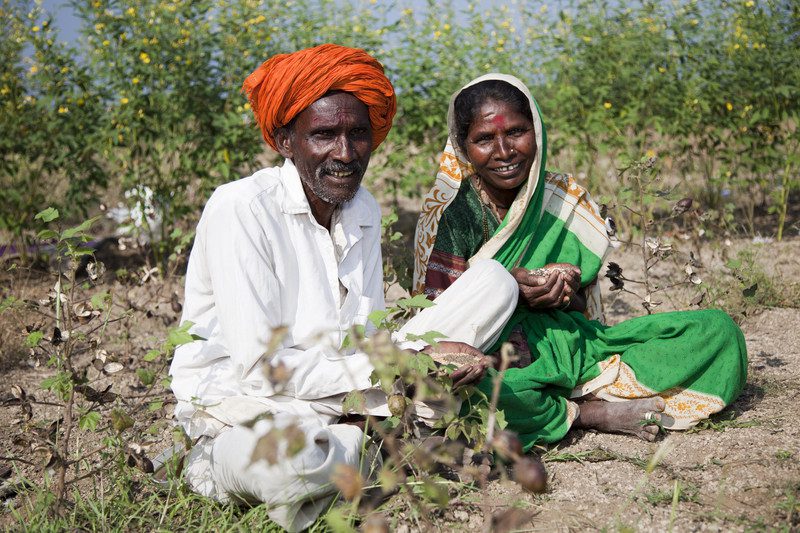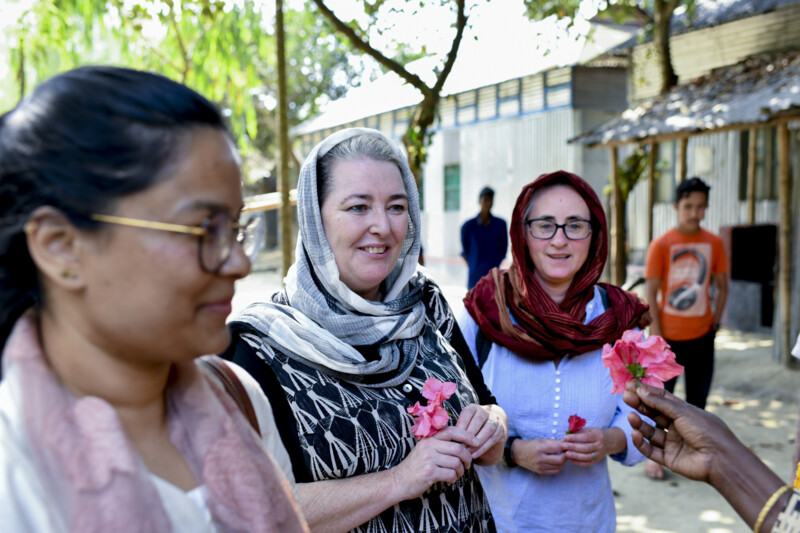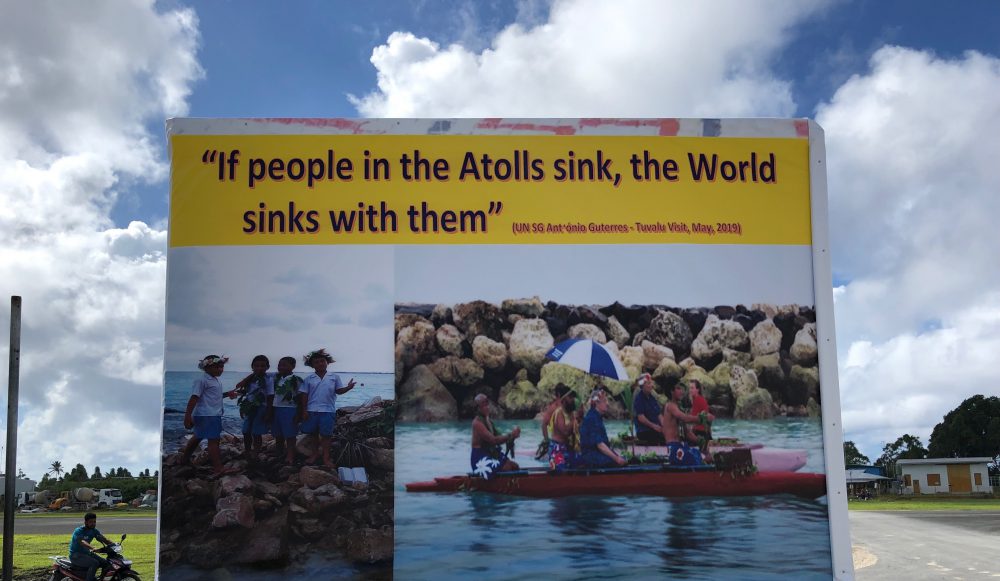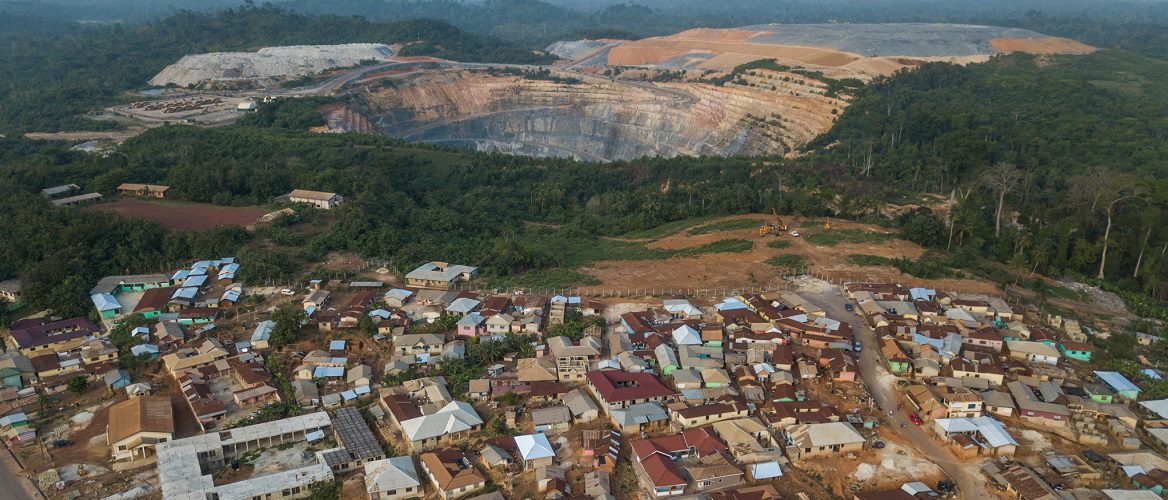Tanaabai (60) and her husband Tukaram (65) have lived in the Maharashtran village of Dhangarwadi for 40 years, and have been cultivating on forest land for the last eight or nine years. With four children to support and seasonal work as casual farm labourers their only source of income, they had grown accustomed to going without meals when times were tough – until Oxfam partner organisation DILASA came to town and advised them on the Forest Rights Act.
In the third story in our interview series from India, Oxfam’s Chris Johnson spoke to the couple about how their lives have changed in recent years, and their hopes for the future.
What were some of the challenges you faced 40 years ago compared to now?
Tanaabai: Forty years back it was a difficult situation for us. Both of us used to work as … casual labourers here and there. It was very difficult even to get two square meals for us. And our children’s childhood was not very comfortable. They also had problems with their education, and even getting food for them was not easy. And now also there are many challenges. My one son Sadashiv — he has a sugar problem. So already he has to get injections. Apart from that…since we have got this land…the situation has slightly improved for us.
How has DILASA helped your family?
Tanaabai: In the last two-to-three years, we came into contact with DILASA … they gave us information about possible land from the government [through the 2006 Forest Rights Act]. So they gave us information, they gave us confidence … so we decided to put our claims in for the rights on the forest land … Because of them we have got the land, and with their help we are now cultivating the land and we are able to grow wheat and grains.
So, what specific crops do you grow per year, and how often?
Tanaabai: In monsoon season we grow cotton and red grains. And in the winter we will grow for the wheat, grains and vegetables also. This year we are also planning to take an onion crop because we have sufficient water.
What do you do with the food that you cultivate? Do you eat it amongst the family, or do you sell it at the market?
Tanaabai: We are cultivating now four to five acres of land. But what we are producing is house level only because we are a big family. At some food events we have to sell — as we have to invest money in our son’s health because he is suffering from a diabetes sugar problem. So for his medicine we have to spend a lot of money. So whatever comes from the sales at food events we help to invest in his medical treatment.
Do you find growing a diversity of crops has helped with your kids’ and grandchildren’s health?
Tanaabai: Previously we had a problem of not getting sufficient and nutritious food. [Now] we are able to grow more food grains, more vegetables, and more nutritious food. And this is good for my family.
How much did you used to earn when you worked as labourers?
Tanaabai: Our earnings were very, very less. I used to earn Rs 20–22, and my husband used to earn Rs 50 maximum in the good season. That is all we had as income. But since we have started doing agriculture work, we are able to get sufficient food grains that we require at a domestic level, although we are not able to sell much as we have many people at home.
How do you feel about the future of your family — for your kids and grandchildren?
Tanaabai: DILASA has really helped us in cultivating the land, especially getting water for our lands in the last year. Because of that, our income is growing … and this will help us save some money for … our family. Our grandchildren are already going to school, so we will be able to educate them more. So with DILASA’s help we see our future as good for us.
Want to help other poor farming families in India claim the land that’s rightfully theirs and break the poverty cycle? Please donate to our Harvest Appeal.
Read last week’s interview with Balram and Seeta.



